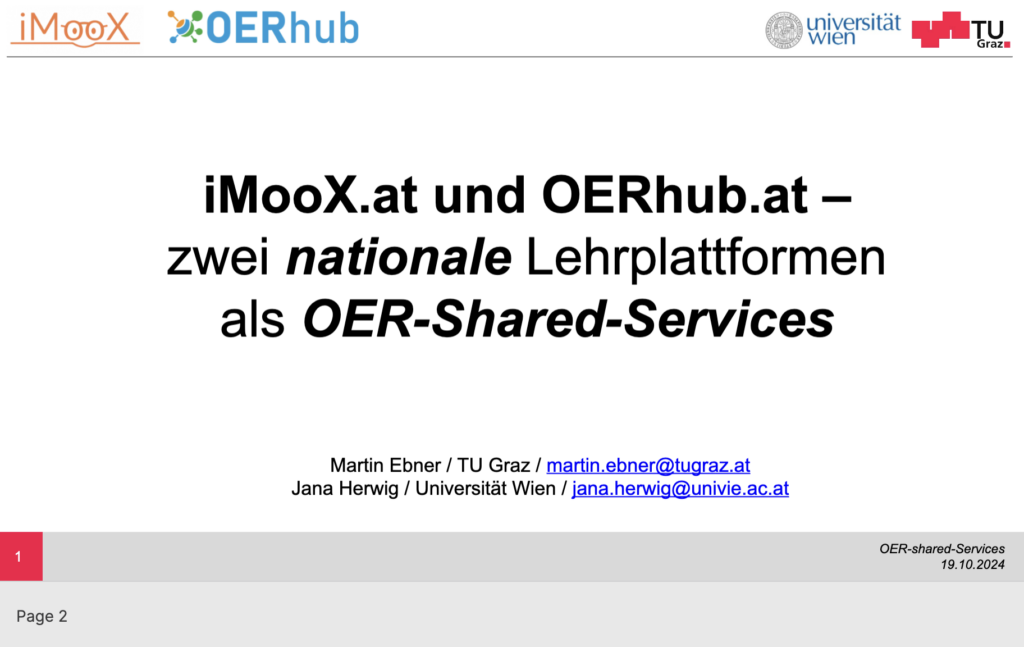We did a workshop at this year’s ED-Media conference in Brussels about „Creating Educational Videos with an AI Avatar Video Generator„
Abstract:
The integration of Artificial Intelligence (AI) into the creation of learning materials represents a cutting-edge frontier. This workshop is designed for educators, content creators, and instructional designers, and will introduce participants to the potential of AI avatar software in the production of educational videos. Through interactive demonstrations and guided practice, participants gain practical skills in utilizing AI avatar software to create educational videos that meet different learning styles and needs. We will explore case studies of successful implementations and discuss strategies for integrating AI avatars into various educational contexts, from K-12 to higher education and corporate training. Additionally, the workshop will address ethical considerations and best practices in the use of AI in education, ensuring that participants are equipped to responsibly navigate the challenges of digital content creation. Participants will leave the workshop with an initial understanding of the capabilities of AI avatar software and their first experience in creating educational videos with this new technology.
[article @ publisher’s homepage]
[article @ ResearchGate]
Reference: Brünner, B. & Ebner, M. (2024). Creating Educational Videos with an AI Avatar Video Generator. In T. Bastiaens (Ed.), Proceedings of EdMedia + Innovate Learning (pp. 1165-1166). Brussels, Belgium: Association for the Advancement of Computing in Education (AACE). Retrieved July 22, 2024 from https://www.learntechlib.org/primary/p/224664/.


